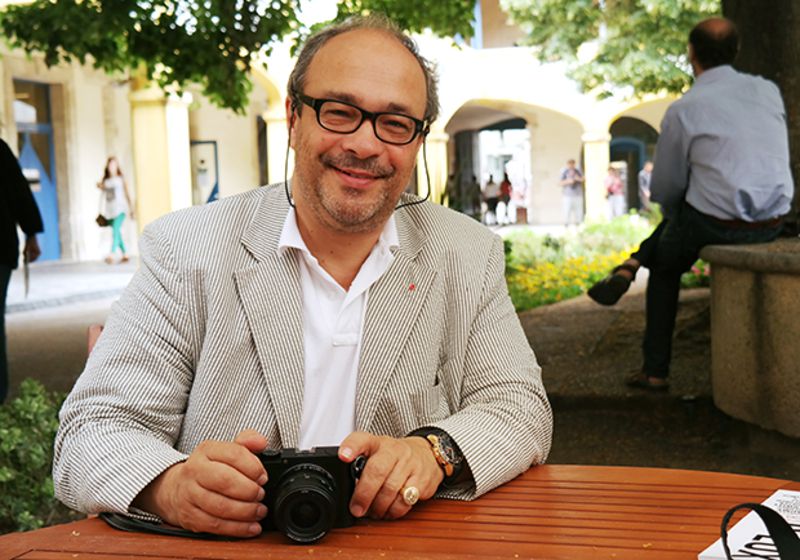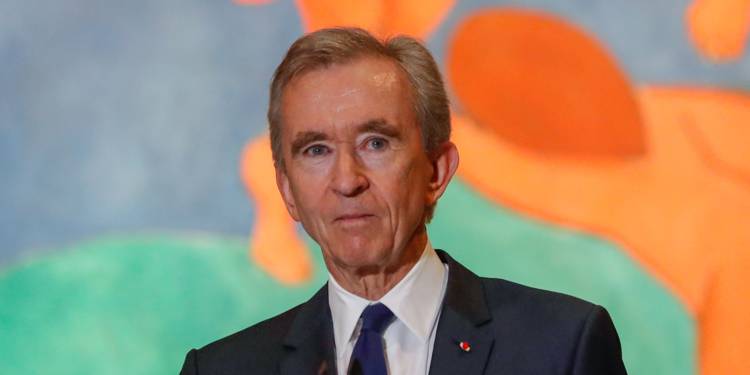The study reveals that the luxury sector contributes almost €800 billion of revenue to the European economy each year and employs more than 2 million people.
By Luxus Plus
The European Cultural and Creative Industries Alliance (ECCIA), which brings together more than 600 luxury and high-end brands and cultural institutions from 12 European countries, unveiled the latest study carried out with Bain & Company on the contribution of their industry to the European economy and culture.
The study shows that the high-end sector in Europe continues to provide a significant boost to sustainable economic growth and prosperity. The sector contributes nearly €800 billion in revenue to the economy each year and today represents 4% of European GDP. In fact, it has grown by 32% from 2014 to 2018.
This sector employs more than 2 million people in Europe and created 300,000 jobs between 2014 and 2018. In addition, exports in the luxury sector represent 10% of total exports from Europe in 2018.
Beyond the strong economic performance, this study also highlights the significant socio-economic and cultural benefits created by the luxury and high-end industries, thanks to substantial investments and a unique business model.
Indeed, high-end companies allow the development of upstream production centers and centers of excellence throughout Europe and are key players in leading the agenda on digital innovation and sustainability. They therefore play an essential role in supporting skills and crafts and in promoting European cultural values worldwide, in particular by promoting tourism.
In addition to this study, ECCIA publishes policy recommendations and calls on EU policy makers to support and enhance the contribution of high-end cultural and creative industries to the economy and society, through ‘a series of measures.
These measures are as follows : strengthen the existing framework relating to their selective distribution model, strengthen the enforcement of intellectual property rights online and offline to better fight counterfeiting and support consumer’s interests, promote skills and vocational training to provide sustainable employment opportunities, ensure fair access to markets to support exports and facilitate the arrival and movement of tourists within the EU.
Dr. Andreas Kaufmann, new President of ECCIA said: “Our report shows the economic strength of our sector. Thanks to substantial and long-term investments, our industries not only contribute to the creation of millions of jobs, but they also act as ambassadors for European values and culture.”
He then added: “At a time when the EU wants to strengthen its geopolitical role, we call on policy makers to ensure that EU rules support and encourage our business model.”
Read also > Walpole launches UK manifesto for sustainable luxury development









